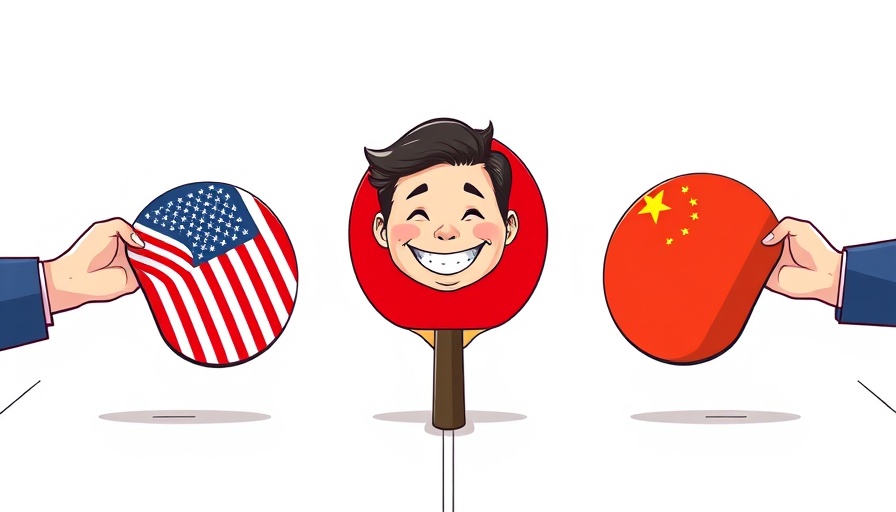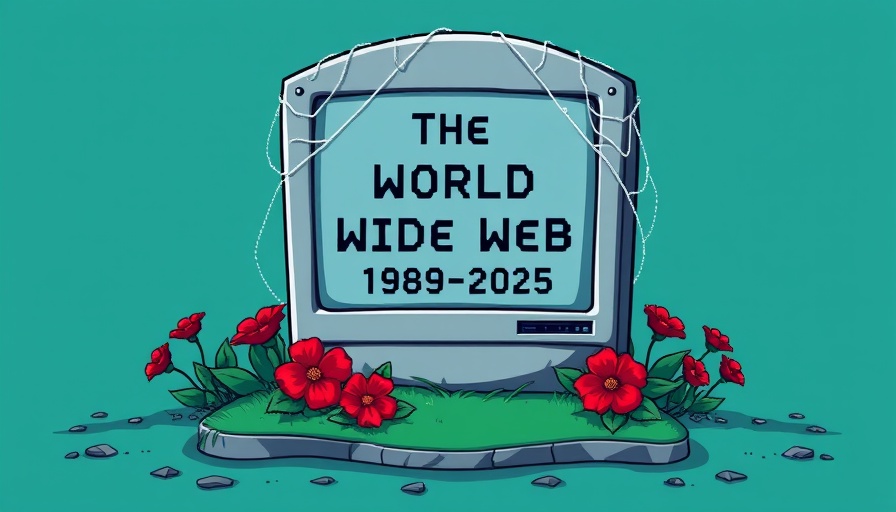
Germany’s Defence Sector Transforms Amid Rising Military Demand
In recent months, the landscape of German industry has undergone a seismic shift as the defence sector emerges as the most dynamic force within the economy. With countries across Europe ramping up their military budgets, companies like Rheinmetall, Hensoldt, and Renk are repositioning themselves to meet the growing demand for military equipment and technology.
Seizing Opportunities from the Ailing Automotive Industry
The transition is partly fueled by the struggles of Germany's once-dominant automotive sector. Automakers are grappling with job cuts and factory closures due to diminished demand and the shift towards electric vehicles. As these automotive firms downsize, their skilled workforce becomes a resource for the burgeoning defence industry. Hensoldt, for example, is tapping into this potential by hiring engineers and technicians from decaying automotive companies such as Bosch and Continental, effectively repurposing talent to bolster its production capability.
Economic Ripple Effects from Increased Defence Spending
The shift towards a more substantial defence budget may invigorate the broader German economy. Reports suggest that if Germany increases its defence spending to meet NATO's target of 2% of GDP, it could create close to 250,000 jobs and lead to a remarkable €42 billion in annual production and service activities. This investment would not only rejuvenate the defence sector but could catalyze a broader economic revival in a country grappling with high energy costs and market competition.
The Future of European Defence
As Germany prepares to invest more heavily in its defence, the implications reach beyond its borders. European leaders are in discussions to mobilize up to €800 billion ($843 billion) for military enhancements, particularly in light of heightened tensions from geopolitical conflicts. The collective effort aims to reduce reliance on U.S. military support and establish Europe as a more self-sufficient defence entity.
Many analysts, however, caution that this increased investment must translate into actual enhancements in military capabilities and technological advancement. The fragmentation of the European defence procurement market poses challenges, as a significant portion of spending is still directed towards non-EU suppliers. The need for strategic alignment among EU nations is critical to ensure that increased spending yields tangible benefits for local economies.
Your Path to Strategic Investment Decisions
As business owners and decision-makers observe this rapidly evolving landscape, understanding the potential repercussions of these shifts becomes essential. Investments in defence, aligned with national strategies, could represent both challenges and opportunities. Evaluating partnerships with firms in the defence sector or considering supply chain alignments with reviving military companies could lead to lucrative returns in a robust and stabilizing industry.
Staying informed about trends in defence spending can guide smart financial choices and investment strategies to strengthen your position in a changing economy.
In light of these developments, consider exploring how your business can align with growing defence expenditure to maximize profitability. Ensuring you are ahead of industry shifts can significantly impact your long-term financial health and stability.
 Add Row
Add Row  Add
Add 










Write A Comment